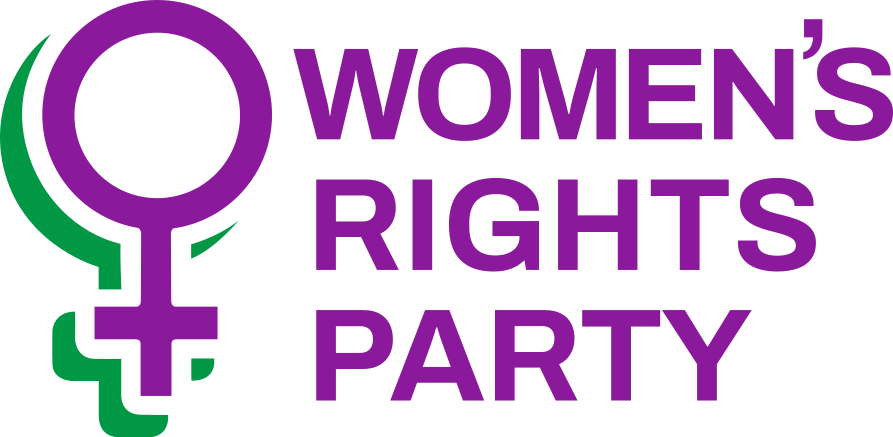Younger voters and Aucklanders most likely to consider voting Women’s Rights Party this Election
Nearly half of voters aged 18-39 [49%] said, in a Curia Poll, they would consider giving the Women’s Rights Party their party vote in the upcoming Election.
![Nearly half of voters aged 18-39 [49%] said, in a Curia Poll, they would consider giving the Women’s Rights Party their party vote in the upcoming Election.](https://womensrightsparty.nz/wp-content/uploads/2023/09/curia-poll-new-zealand-womens-rights-party-sept-2023-web1000-600x341.jpg)
In a poll conducted by Curia Market Research commissioned by the Women’s Rights Party and conducted between 18th and 21st September, younger voters and Aucklanders were most likely to say they would consider voting Women’s Rights Party with 46% of Aucklanders saying “Yes” to the question: “The Women’s Rights Party is a political party committed to upholding all women’s and girls’ rights, safety, and wellbeing. Would you consider giving them your party vote in the upcoming general election on October 14th?”
Overall, 31% said they would consider giving the Women’s Rights Party their party vote. [46% said “No” and 23% were unsure.]
Older voters over 60 years of age and those in rural and provincial cities and towns were least likely to say they would consider the Women’s Rights Party for their party vote.
Women’s Rights Party Co-leader Jill Ovens says this result suggests that older voters and those outside the main centres have already decided how they would use their party vote, which could reflect their previous voting preferences.
“What surprised us was the number of younger voterswho were open to the idea of voting Women’s Rights Party with their party vote,” Ms Ovens says.
The respondents’ voting intentions contrasted with the opposition of older voters and those in provincial cities, towns and rural areas, to men identifying as women having free and unchecked entry into in single-sex spaces for women and girls [54% of voters aged over 60 and 51%-55% outside the main centres].
Overall 47% said “No” to the question: “Should men who identify as women (often called “transwomen”) be allowed to have free and unchecked entry into all designated single-sex spaces for women and girls?”
Just over a third [34%] were in favour and 19% unsure. More men than women were supportive of trans-identifying men in single-sex spaces [39% compared with 30%], as were younger respondents [44% of those aged 18-39].
Women and those living in provincial and rural New Zealand are most likely to oppose Councils implementing policies without public consultation that allow men identifying as women to enter into women and girls’ single-sex spaces in Council-owned venues such as swimming pools. [58% of women and between 59% and 65% of those in provincial cities and towns and rural areas.]
Overall, 54% said “No” to the question: “The Christchurch City Council allows any man who identifies as a woman to have entry into all single-sex women’s and girls’ spaces in council-owned venues, including the women’s session at Te Pou Toetoe: Linwood Pool. Should city councils implement these policies without transparent and fully informed public consultations?”
Just over a quarter [26%] agreed that Councils should be able to implement policies without consultation, while 19% were unsure.
Facts About the Poll
The poll was a random selection of 15,000 nationwide phone numbers and those on an online panel, with 1050 respondents agreeing to participate (750 by phone and 300 online).
The results were weighted to reflect the overall voting adult population in terms of sex, age, and area, with a maximum sampling error based on a sample size of 1000, +/- 3.1% at the 95% confidence level.
The poll was conducted in accordance with the Research Association New Zealand Code of Practice and the International Chamber of Commerce/European Society for Opinion and Market Research Code on Market and Social Research.
